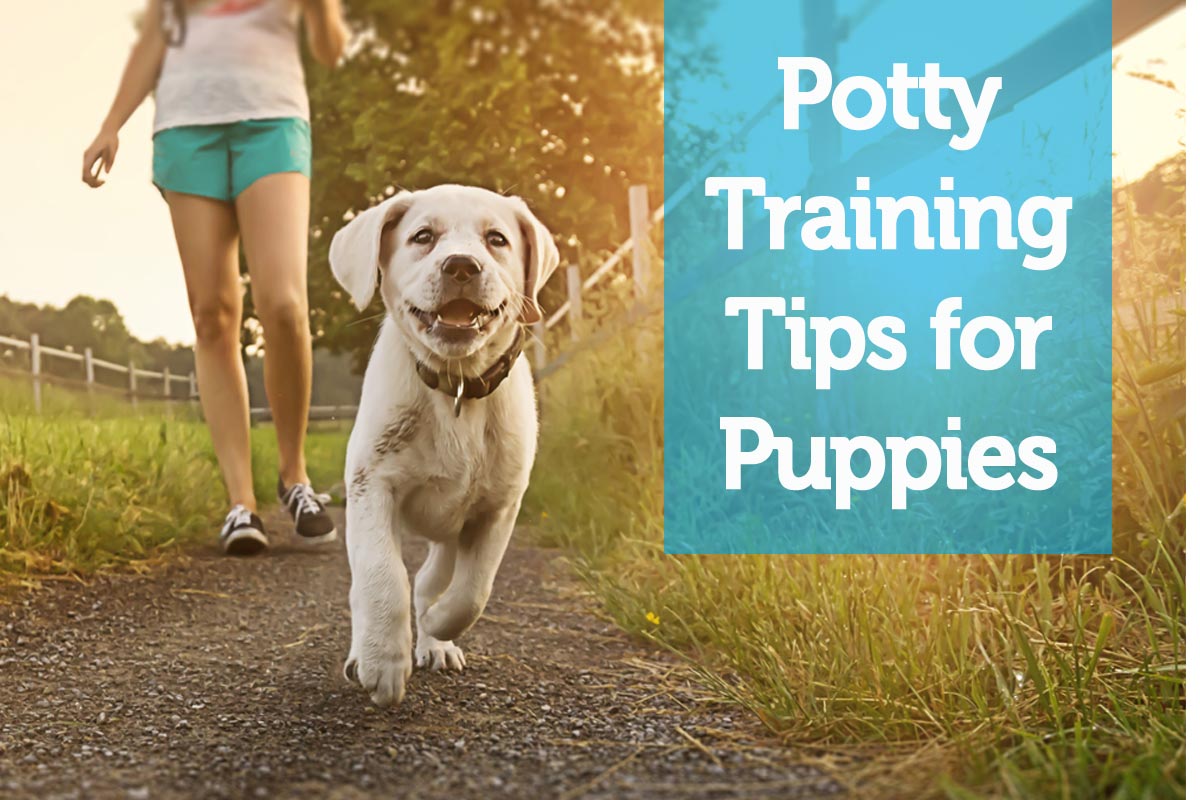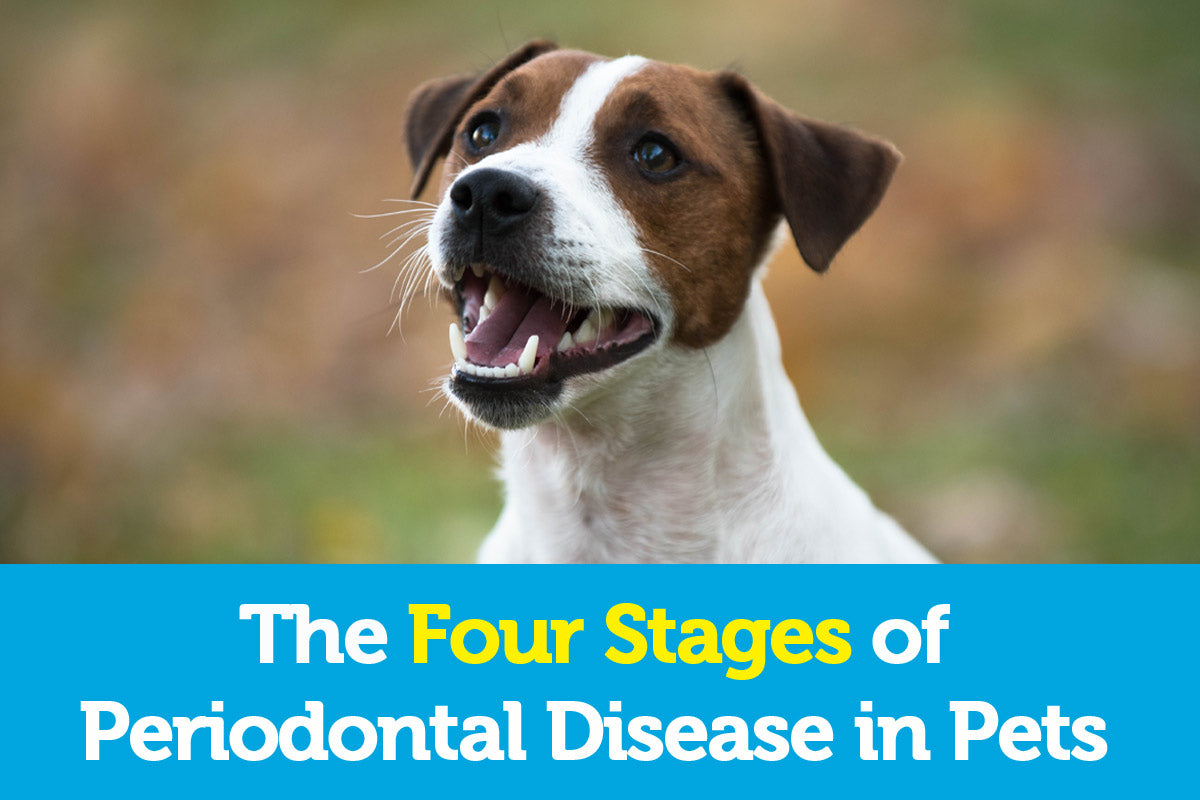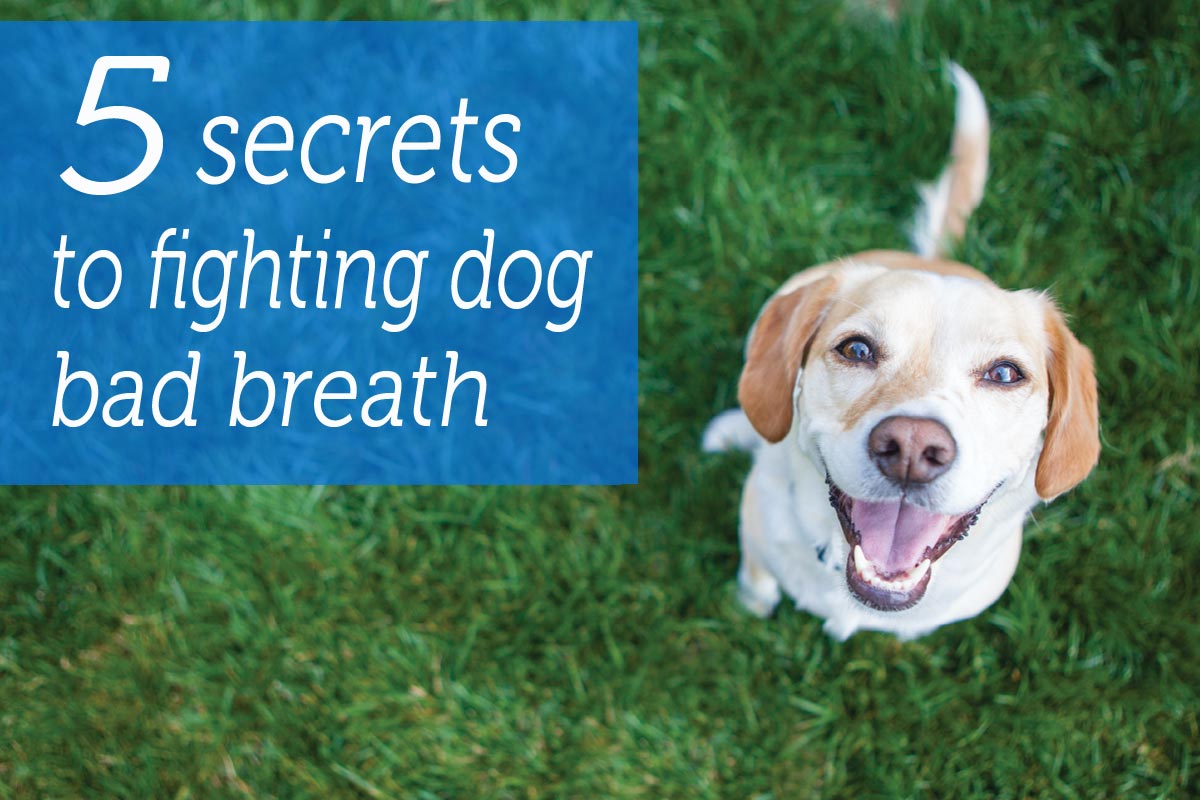Getting your puppy potty trained is one of the most important first steps. Unfortunately, “house spoiling” is one of the main reasons that dogs are left on the street or abandoned.
You want to make sure that your new addition to the home is well trained and adjusted to the new normal.
It will usually take about 4-6 months for a puppy to be fully house trained, sometimes up to a year. The size of the dog matters too. Smaller dogs have smaller bladders and faster metabolisms so they will need to “go” more frequently.
Most puppies are ready to begin house training when they 12-16 weeks old. Before that, they don’t typically have enough bladder control. Once they’re ready, there are a few “best practices” for house training.
Using a Crate

Some dog owners choose to use a crate for their new puppy to help it from getting lost in the house or wreaking too much havoc.
If you’re going to use a crate, it’s important to use one that is the right size for your dog. Dogs are fairly clean animals and won’t want to sleep on a bed that is “spoiled.”
So you want enough space for your dog’s bed, but not enough so they have a corner to relieve themselves in.
Best Practices for House Training
Whether you choose to use a crate or not, here are a handful of essential tips for getting your puppy house trained:
- Take your puppy outside regularly. Every 30-60 minutes is ideal. Take them out in the morning, before bed, and after naps and meals.
- Aim to take them to the same spot each day. Their scent should help to prompt them to go.
- After they eliminate, be sure to reward them with a treat or a game of fetch.
- Stay with him outside, at least until he’s house trained.
- Look for common signs that they need to “go,” such as barking, scratching at the door, whining, circling, or sniffing.
- It’s not a good idea to punish your pet for an accident. Often they will not mentally connect the accident with the punishment and will just feel unloved.
- If you catch your puppy in the act, be sure to clap loudly so they know they’re up to no good. Then take them outside and give them a treat when they finish.
- Sometimes your pup will want to explore. Be patient in the beginning.
- Use a non-toxic spray (like our Pet Deodorizer) to clean up their accidents to keep them from smelling the spot and making it their “go-to.”
Sharing is Caring
Know someone with a puppy? Send them this article to make the job a little easier!



